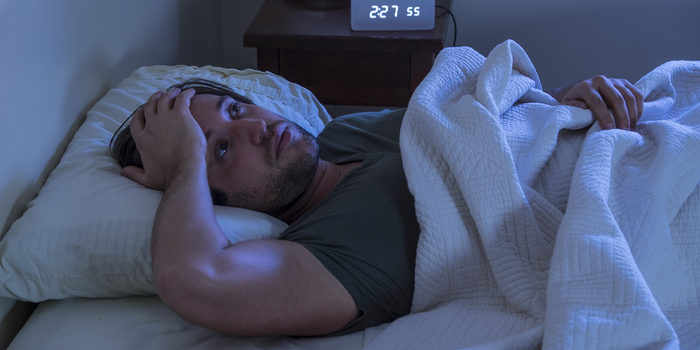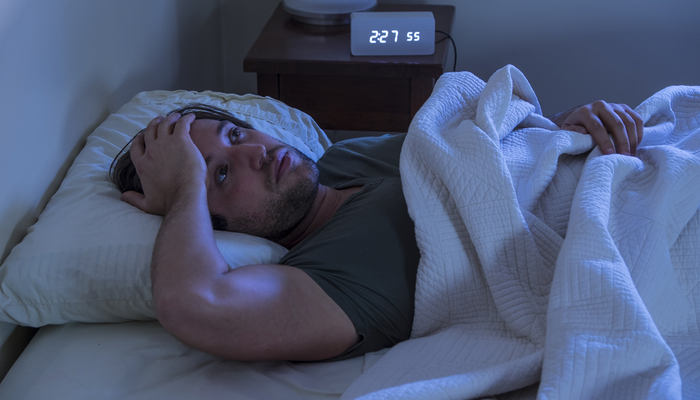


While some people find themselves falling asleep as soon as their head hits the pillow, others find it nearly impossible to get to sleep. Maybe you’re laying there for an hour or more just wishing you could fall asleep. Your mind races and you can’t seem to doze off. However, in all of these cases, you simply can’t seem to get to sleep easily.
While there are a number of over-the-counter and prescription medicines that are designed to help people sleep, today we’re focusing on non-medical ways to get to sleep and stay asleep. Let’s talk about counting some sheep and sawing some logs.
Get Tons of Sunlight
This might sound counterintuitive but trust us. Getting tons of sunlight exposure during the day is a great way to encourage your body’s natural circadian rhythms. While you might have an indoor job, or work nights, there are still ways to simulate the experience of sunlight. You could, for instance, get a sun lamp for your desk or workspace.
Make sure that on your days off you get a ton of sunlight, too. The more direct sunlight hits your eyes, the more likely it is that you’ll get to sleep and stay asleep. While it’s difficult for some people to get as much sun as others, it’s still very much worth trying to get in as much as you can.
Lights Out
Following up on our last tip, make sure that when it’s bed time, your space is dark. Try to limit your blue light exposure in the evenings. Your brain interprets blue light as sunlight in some cases, so it can help to keep you awake even when you should be sleeping. Set a soft time for lights out to cut off the lights in your room and a hard bedtime for a time by which you need to be laying down with your eyes closed.
If need be, get thick curtains to block any light that could come in through your windows. Similarly, you could consider getting earplugs if the space you sleep in is noisy and you find it hard to fall asleep there. Another option would be a white noise machine, something to play soft sounds to drown out nearby noises.
Consistency
Try to get to sleep at a consistent time every day. Even if you get a regular weekend, you should consider getting to bed and waking up at consistent times throughout the week. This also helps to solidify your circadian rhythms and reinforce your normal sleeping schedule.
Along this same tip, you’ll want to try to reduce your consumption of caffeine late in the day. Caffeine is really good at doing its job of stimulating your brain and keeping you awake. As such, you shouldn’t drink it within six hours of the time you want to get to sleep.
Lifestyle
Try to avoid self-medicating in order to get to sleep. This includes doing things like drinking alcohol to make yourself fall asleep and consuming drugs (whether over-the-counter or recreational) that you haven’t been prescribed by a doctor to encourage sleep. These types of activities can reinforce very negative habits, such as drug and alcohol abuse.
Instead, consider positive lifestyle habits that can help you get to sleep more readily. These include exercising in the evenings in order to tire yourself out, watching a movie close to bedtime to make yourself more relaxed, and reading a book in bed to get yourself drowsy. Many people even use things like online videos designed to help them relax and get into a sleepy mindset: consider listening to these while wearing light earbuds that are easy to take out as you nod closer to sleep.










